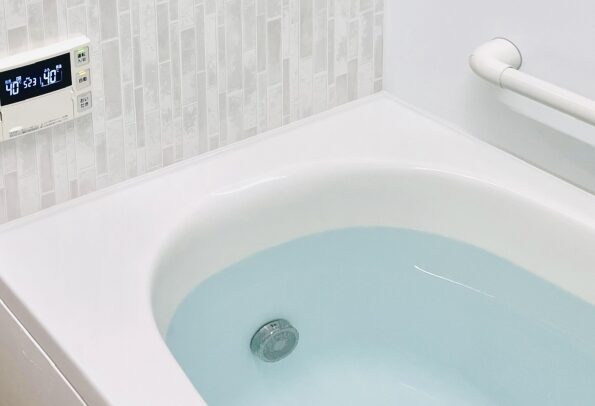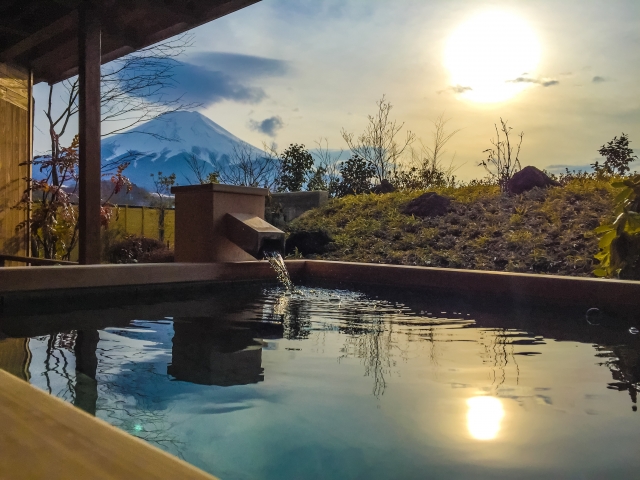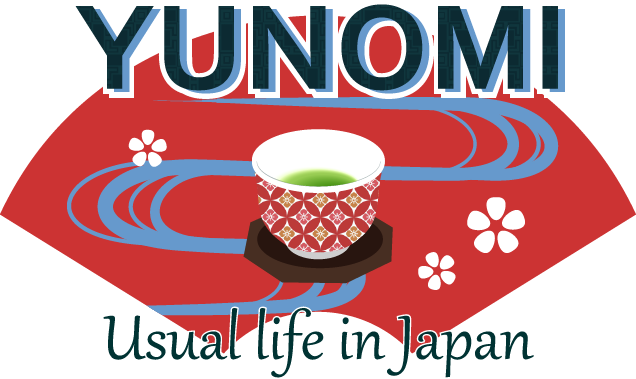In Japan, bathing is more than getting clean — it’s a daily ritual of resetting the mind and body.
From steaming hot springs in the mountains to neighborhood public baths and quiet home tubs, bathing reflects Japan’s love of warmth, calm, and simple comfort.
What Makes Japanese Bathing Unique

- Wash first, soak second: You always wash outside the tub, then enter the bath to relax.
- Hot but gentle: Typical bath temperature is around 40–42°C, warm enough to loosen the body without feeling harsh.
- Daily reset: Many people bathe at night to sleep better and “reset” for tomorrow.
- Seasonal joy: Herbs or citrus (like yuzu-yu on the winter solstice) add fragrance and fun.
Three Pillars: Onsen, Sento, and Home Baths

Onsen (Hot Springs)
Onsen are natural hot springs rich in minerals. Resorts may offer indoor baths, rotenburo (open-air baths), sauna, and relaxation spaces.
Water qualities vary — sulfur, iron, sodium chloride — each said to have different effects on the skin and body.
Sento (Public Baths)
Sento are neighborhood public baths. They use heated water rather than spring water and often feature multiple tubs: jet baths, electric baths, cold plunges, or herbal baths. Sento are about community — chatting, unwinding, and friendly routine.
Home Bath (Ofuro)
At home, the ofuro is deeper than Western bathtubs and designed for soaking. Families typically share the same bathwater (kept clean by washing first), reheating it with a built-in system.
Many tubs have lids to retain heat and keep humidity down.
How to Bathe in Japan: Step-by-Step Etiquette

- Rinse first: At onsen/sento, rinse your body at the shower station before sitting down.
- Wash thoroughly: Sit on the stool, use the handheld shower, soap, and shampoo. Rinse off all foam.
- Tie your hair: If you have long hair, tie it up so it doesn’t touch the bathwater.
- Enter the tub slowly: Soak quietly. Towels never go in the water (rest it on your head or edge).
- Dry off lightly before leaving: Wring the small towel, pat yourself at the exit to avoid dripping in the dressing room.
Onsen vs. Sento: Quick Differences
Water source
- Onsen = natural spring (with minerals).
- Sento = regular heated water.
Purpose
- Onsen = destination & scenery.
- Sento = daily routine & community.
Variety
- Onsen focuses on spring qualities.
- Sento often offers multiple bath types and temperatures.
Useful Tips for Visitors

- Tattoos: Some traditional facilities restrict tattoos. Check policies; many modern venues are flexible or offer cover seals.
- Bring small essentials: Towel set, hair tie, and water bottle. Many places rent or sell towels if needed.
- Mind heat and time: Start with short soaks (3–5 minutes), rest, then repeat. Hydrate before/after.
- Mixed baths: Coed (konyoku) are rare today; most facilities separate by gender.
Why Japanese People Love the Bath
Bathing is quiet time — a pause between the busy day and a good night’s sleep. In public baths, it’s also hadaka no tsukiai — “naked companionship” — a gentle kind of social connection that needs no words.
Whether you prefer a mountain hot spring or a humble neighborhood sento, the result is the same: warmth, lightness, and calm.
Glossary
- Onsen: Natural hot spring bath.
- Sento: Neighborhood public bathhouse.
- Rotenburo: Open-air bath, often with a view.
- Ofuro: Deep home bathtub for soaking.
- Yuzu-yu: Citrus bath on the winter solstice for fragrance and luck.
Editor’s Note
My favorite sento has a tiny open-air tub. In winter, steam rises into the cold night, and the city suddenly feels quiet. Ten minutes later, the world looks softer — and a good sleep is guaranteed.
oothing, warming, and deeply relaxing.
Related Articles
The Secret to Japanese Longevity: How Everyday Meals Keep a Nation Young
More Than a Drink: The Heart of Japanese Tea Culture
Obento: The Art and Care Behind Japan’s Homemade Lunch Boxes

